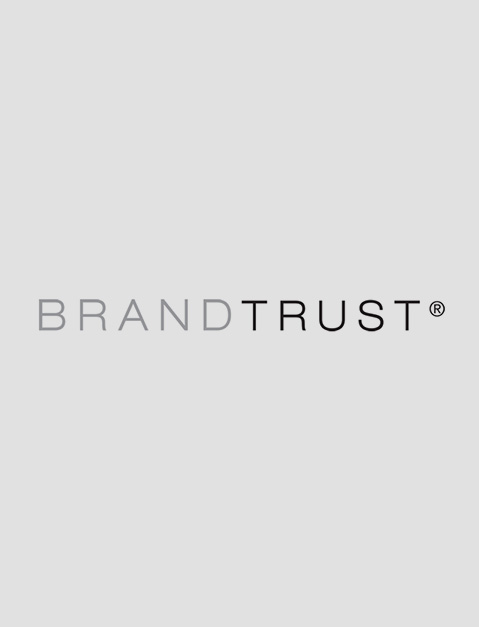People don’t invest a lot of time on details. They sort out the promise a brand makes and the meaning it evokes. That’s it. That’s all you get, nothing more, and nothing less. They create a short, simple mental model of how your brand enhances their own identities. To them, the brand they have in mind is your business. The rational thoughts you try to put into your brand aren’t nearly as important as the feelings your customers take out all on their own. Ultimately, your customers determine your brand, not you.
But, of course, a brand isn’t just a vague emotion. The emotional response to a good brand is also tempered by the offer of a tangible benefit that helps us rationalize our purchases to others and ourselves. You may sense the benefit of feeling chic wearing Armani (emotional benefit) and know their well-made products last for years (rational benefit). Coveting a BMW, you feel the benefit as a status symbol (emotional) with meticulously fabled engineering (rational).
It takes both sides of a benefit to help us separate one brand from another in our minds. The rational gives the emotional permission to believe. They work together to give a brand the ability to carve its own, singular imprint into the brain of its prospects—one that other brands have a hard time dislodging. A brand’s firmly occupied territory in the mind creates a seesaw between emotion and reason as to why we choose one brand over another. It’s why I say about branding that we make decisions with our heads and commitments with our hearts.
Perhaps the simplest way to think of a brand is to use the metaphor of the handshake. A brand represents the handshake that has been used by generation after generation of ordinary people as the sign of a deal well done. Your handshake is your word and your bond. It is the symbol that signifies the possibility of mutual satisfaction between you and your customer. It is the seal on your reputation. It explains why a brand may indeed be the world’s oldest and most powerful business tool. And urges that we need to focus on our brands in everything we do.
Brands are really all that’s left for gaining market leadership. Manufacturing and distribution efficiencies, and product development are at virtual parity in most market segments. This is what causes the brand to become so important. This is why the brand is not part of the business it is the business.
Is your brand your most powerful business tool? Please share your experiences here or on Twitter and include #howdoesitmakeyoufeel #HDIMYF.
Do you need your brand to become your most powerful business tool? Contact Brandtrust®today.
Daryl’s new book, How Does It Make You Feel? Why Emotion Wins The Battle of Brands, is now available for purchase digitally on Amazon. Buy your copy today! Follow HDIMYF updates on Twitter @BTCEO and @Brandtrust®!
